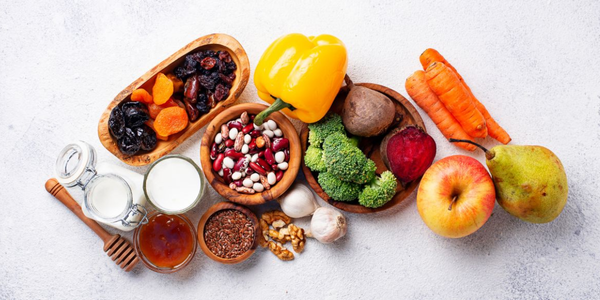Your gut is more than just a digestion machine—it’s a bustling ecosystem of bacteria, enzymes, and immune cells that influence everything from your mood to your metabolism. If you’ve been struggling with bloating, irregular digestion, or even low energy, the solution might be in your gut.
And guess what? The right supplements can make all the difference.
In this guide, we’ll explore the best supplements for gut health, backed by science and loved by real users. Whether you’re dealing with gut imbalances or simply aiming to optimize your wellness, this post will give you clear, actionable steps toward a healthier gut.
Why Gut Health Matters
We often hear phrases like “listen to your gut” or “go with your gut,” and there’s truth in them. Your gastrointestinal system is connected to more than just digestion—it’s deeply tied to your immune system, brain health, and emotional balance.
Signs of Poor Gut Health
-
Bloating, gas, or constipation
-
Food intolerances
-
Fatigue or brain fog
-
Skin issues like eczema
-
Frequent colds or immune challenges
-
Mood swings or anxiety
If any of these sound familiar, improving your gut could improve your life.
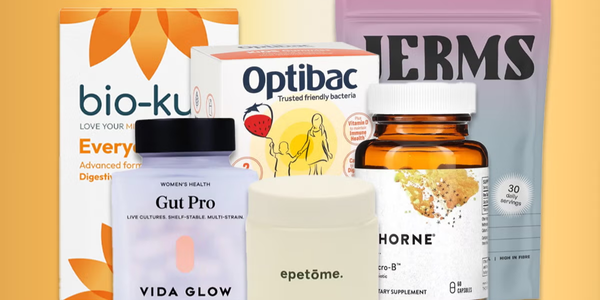
How Supplements Support Gut Health
Supplements aren’t magic pills, but they can fill in the gaps where diet and lifestyle fall short. They help:
-
Restore beneficial bacteria
-
Improve nutrient absorption
-
Heal and seal the gut lining
-
Reduce inflammation
-
Support enzyme activity and digestion
Let’s break down the top supplements for gut health that are worth considering.
1. Probiotics: The Gut’s Best Friend
Probiotics are live bacteria that replenish the good microbes in your digestive tract. They’re especially useful after antibiotics, illness, or a period of poor diet.
Benefits:
-
Balance gut flora
-
Improve digestion and nutrient absorption
-
Boost immune function
-
Reduce symptoms of IBS and bloating
What to Look For:
-
Multi-strain formulas (Lactobacillus and Bifidobacterium species)
-
CFUs (colony-forming units): aim for 5–50 billion per dose
-
Shelf stability or refrigeration as required
Real-world tip: If you’ve taken antibiotics recently, a high-potency probiotic can help restore microbial balance fast.
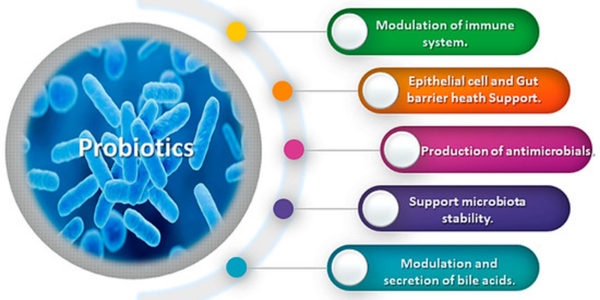
2. Prebiotics: Fuel for Good Bacteria
Prebiotics are types of fiber that feed your healthy gut bacteria, helping them thrive and multiply.
Top Prebiotic Sources:
-
Inulin
-
Chicory root
-
Acacia fiber
-
Fructooligosaccharides (FOS)
Why They’re Important:
-
Support long-term gut health
-
Enhance the effectiveness of probiotics
-
Improve regularity and digestion
Pro tip: Try a supplement that combines probiotics and prebiotics for a synbiotic effect.
3. Digestive Enzymes: For Smoother Digestion
Digestive enzyme supplements contain compounds that help break down food into nutrients your body can absorb.
Common Enzymes:
-
Protease – breaks down protein
-
Amylase – breaks down carbohydrates
-
Lipase – breaks down fats
-
Lactase – breaks down lactose
When to Use:
-
Feeling full after small meals
-
Gas or bloating after eating
-
Food sensitivities or IBS
Natural storytelling: After struggling with bloating post-meals, Sarah added a full-spectrum enzyme before dinner—and noticed results within days.
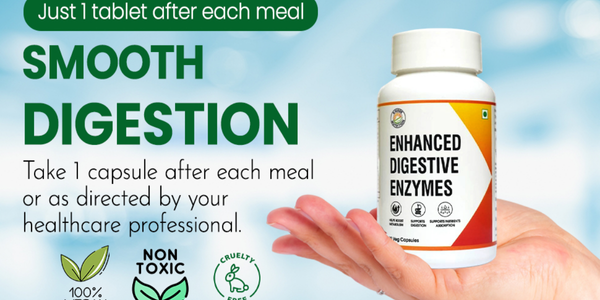
4. L-Glutamine: The Gut-Healing Amino Acid
L-Glutamine is a key amino acid for repairing and maintaining the gut lining.
Benefits:
-
Supports leaky gut repair
-
Reduces inflammation
-
Helps nutrient absorption
This is especially helpful for people with leaky gut syndrome, where the intestinal lining becomes permeable, allowing unwanted particles into the bloodstream.
5. Collagen Peptides: Strengthen the Gut Wall
Collagen isn’t just for your skin—it’s also a vital protein for your intestinal lining.
Benefits:
-
Repairs gut lining
-
Reduces inflammation
-
Promotes healthy mucosal walls
Look for hydrolyzed collagen peptides, which are easier to digest and mix well into coffee or smoothies.
6. Zinc Carnosine: A Gut Lining Guardian
Zinc carnosine is a powerful compound used in Japan for decades to treat ulcers and gastrointestinal inflammation.
Benefits:
-
Protects the stomach lining
-
Reduces intestinal permeability
-
Supports healing from acid reflux or gastritis
Often overlooked, this supplement can be a game-changer for people with chronic stomach discomfort or damage from NSAIDs.
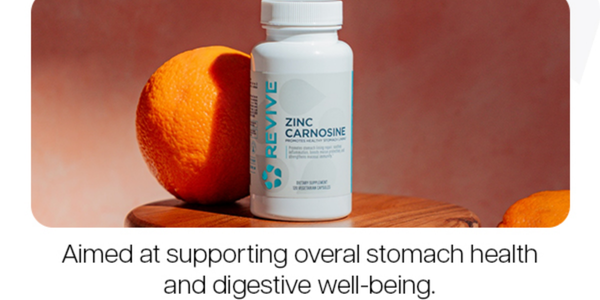
7. Slippery Elm and Marshmallow Root: Nature’s Soothing Herbs
These herbal supplements form a gel-like substance in the gut, soothing inflammation and protecting the intestinal lining.
Benefits:
-
Coat and calm irritated tissues
-
Help with acid reflux and IBS
-
Support mucosal integrity
Often included in gut-healing protocols like the GAPS or SIBO diets, these herbs work best in tandem with dietary changes.
8. Butyrate: The Anti-Inflammatory Short-Chain Fatty Acid
Butyrate is a compound produced by healthy gut bacteria when they ferment fiber. But now, it’s available in supplement form too.
Benefits:
-
Reduces gut inflammation
-
Nourishes colon cells
-
Improves gut-brain communication
Ideal for people with IBS, IBD, or chronic inflammation, sodium butyrate capsules help recreate a balanced gut environment.
9. Psyllium Husk: Gentle Fiber for Regularity
If you’re looking to improve regularity and support microbial balance, psyllium is a great daily option.
Benefits:
-
Encourages healthy bowel movements
-
Feeds beneficial bacteria
-
Regulates blood sugar and cholesterol
Start slowly and drink plenty of water—psyllium expands in your gut and needs hydration to work properly.
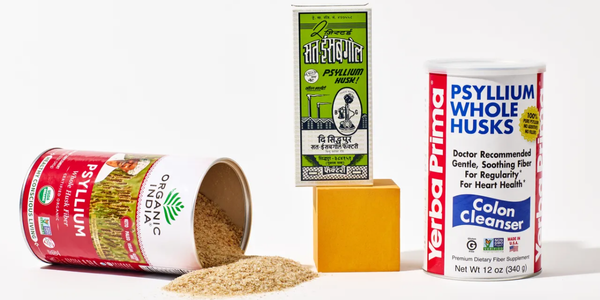
How to Choose the Right Gut Health Supplements
Not all supplements are created equal. Here’s how to make a smart, gut-friendly choice:
1. Look for Transparency
-
Reputable brands
-
Third-party tested
-
Clear labeling
2. Know Your Goals
-
Bloating? Start with enzymes and probiotics
-
Leaky gut? Try glutamine, collagen, and zinc carnosine
-
Constipation? Go with fiber and prebiotics
3. Consider Timing and Stacking
Some supplements work best on an empty stomach (like probiotics), while others need food. A personalized stack can help you layer effects gradually.
Lifestyle Habits That Boost Supplement Results
Supplements are only part of the puzzle. For optimal gut health, also focus on:
-
Diet: Reduce sugar and processed foods, increase fiber
-
Hydration: Water helps keep digestion smooth
-
Sleep: Your gut repairs itself at night
-
Stress Management: Chronic stress disrupts the gut-brain axis
Real-World Supplement Stack Examples
Here are two practical routines you might consider:
Gut Reset Stack (for 30 days):
-
Probiotic – morning on empty stomach
-
L-Glutamine – 2x daily
-
Digestive Enzymes – with meals
-
Collagen – in coffee or smoothie
-
Slippery Elm Tea – in the evening
Daily Maintenance Stack:
-
Probiotic + Prebiotic Combo
-
Fiber (Psyllium or Acacia)
-
Collagen Peptides
-
Multivitamin with Zinc
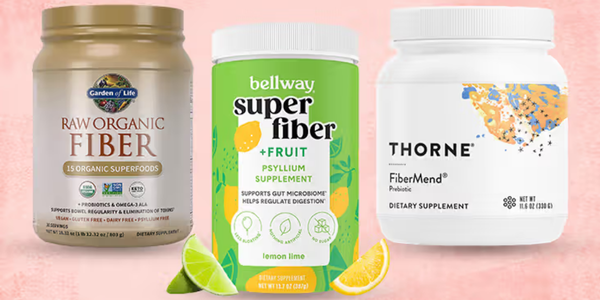
When to See a Doctor
If symptoms persist—especially severe bloating, pain, or unexpected weight loss—it’s essential to consult with a gastroenterologist. Supplements can support healing, but professional care ensures you’re on the right path.
Final Thoughts: Trust Your Gut (Literally)
The gut is a powerful part of your health ecosystem. With the right supplements for gut health, you can reclaim energy, improve digestion, and feel more balanced.
Remember: healing the gut is a journey, not a one-size-fits-all quick fix. But with consistency, results will come.
Ready to Heal Your Gut?
-
Which of these supplements have you tried?
-
What’s worked best for your digestion?
👇 Drop your thoughts in the comments!
Or check out our related guide:
👉 The 7-Day Gut Reset Plan to Reduce Bloating Naturally
